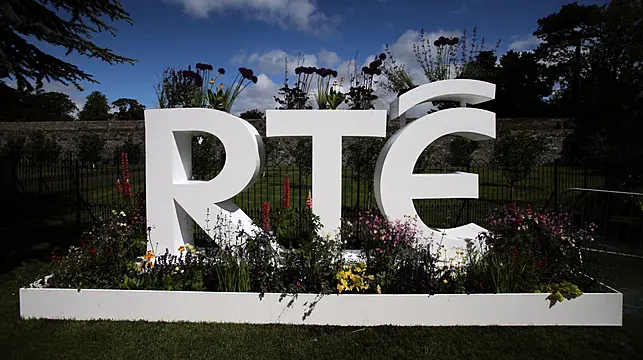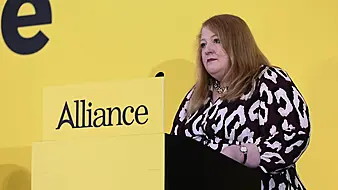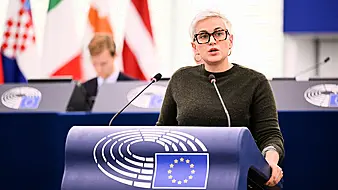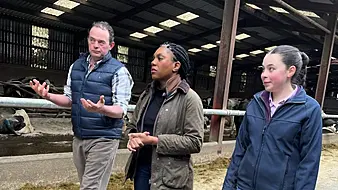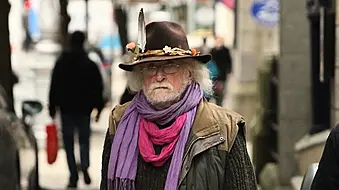Minister for Media Catherine Martin has hailed a decision to provide €725 million in funding for RTÉ over the next three years as an “unprecedented” move to “serve all”.
The decision to provide a mix between direct Exchequer funding and the existing TV licence fee was approved by Cabinet on Wednesday, after months of wrangling between Ministers on how the broadcaster should be funded.
An Post, which is in charge of collecting the €160 annual fee per household, also received €6 million to improve its collection service.
There have been varying views within Government on whether the TV licence fee should be abolished, with Taoiseach Simon Harris stating that he felt increasing the fee would have been unpalatable to the public.
Speaking on his way into Cabinet on Wednesday, Mr Harris denied that Ms Martin was overruled on the funding decision.
Ms Martin had previously said that a hybrid funding model for RTÉ could be “the worst of both worlds” and expressed a preference for direct Exchequer funding.
She said that the decision made by the Government provided certainty for RTÉ.
“While there has been much debate around how a stable future for RTÉ would be provided, a priority for me as Minister for Media has always been guaranteeing the future funding and restructuring of RTÉ, and that it is sustainable and acceptable to the public,” she said.
“What has been agreed today provides financial stability for RTÉ for future years, coupled with reformed fee collection methods. This is unprecedented.
“Guaranteeing that funding, that future, is an accomplishment that will serve viewers, listeners and audiences – that will serve all of our society.”
Under the plan, RTÉ will get €225 million in funding next year from TV licence fee revenue and direct Exchequer funding combined.
This will rise to €240 million in 2026 and €260 million in 2027.
A further €22.2 million will be provided for other public service projects in 2025, including €10 million from the Exchequer for the Media Fund schemes – an increase of €4 million on 2024.
The Department of Media said that net TV licence sales receipts were worth €123 million in 2023, with 93 per cent going to RTE and 7 per cent to the broadcasting fund as is required under statute.
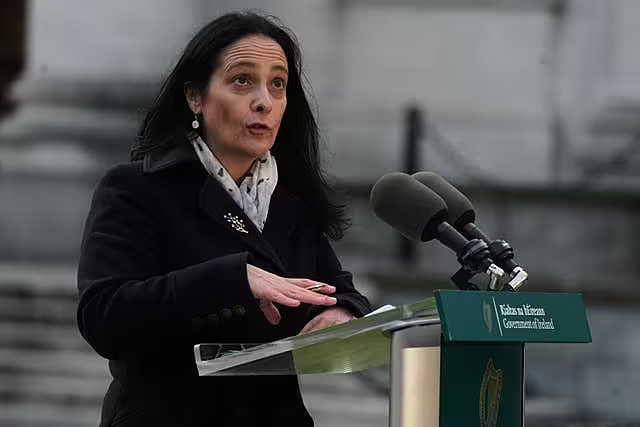
Ministers had committed to making a decision on a future funding model for RTÉ during this government term after revenues from the TV licence fee fell following a financial and governance crisis at Ireland’s public service broadcaster.
In the wake of the scandal, RTÉ director general Kevin Bakhurst committed to reducing its highest earners’ fees, invest in digital and technology, and cut spending this year by €10 million.
“The decisions the Government will make today… do make two very significant changes. One – there is a significant uplift in the level of public funding, and secondly there’s multi-annual certainty,” Mr Harris said on the way into Cabinet on Wednesday.
He added: “I felt that we couldn’t ask the taxpayer to put their hand in their pocket and pay any more in terms of an increased licence fee. I don’t think that would have been palatable for people.
“I felt that the level of funding had to be sustainable and I think we’ve got that right too. And I did also feel that we had to have something for other public service broadcasters as well and I’m satisfied those have been met.”
He said that amid misinformation it was important to properly fund public service broadcasting.

He said: “Catherine Martin has worked extraordinarily hard on this situation for a very long period of time.
“Catherine Martin has delivered for public service broadcasting because she becomes the minister that settles the question, that has overseen reforms, but also now has crucially secured multi-annual funding and I guarantee you, you could bring any minister out today and if you told them you could offer them multi-annual certainty for the next three years they’d take your right arm off.”
Tánaiste Micheál Martin said the “retention and strengthening” of the licence fee collection system would provide RTÉ with an important independent revenue stream.
He added: “It is important in terms of the independence of media (rather than) total dependency on Government and also in terms of the broader issues around democracy and freedom of the media.”
Mr Martin also said there would now be a better system of direct Exchequer funding, but added that reforms in RTÉ “need to continue”.
The Fianna Fáil leader further warned that retaining the licence-fee system was important because “one never knows when pressure would come on the Exchequer” for future direct allocations to RTÉ.
